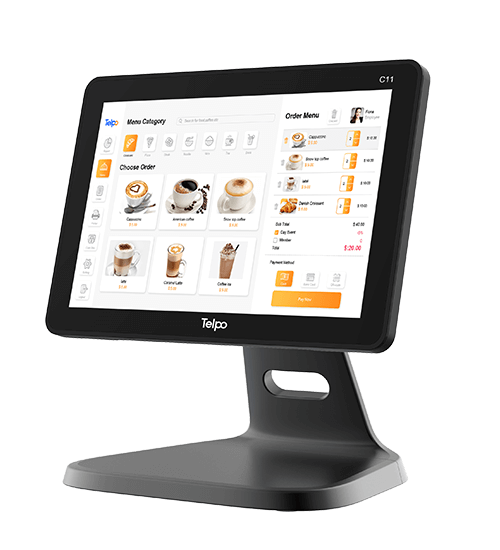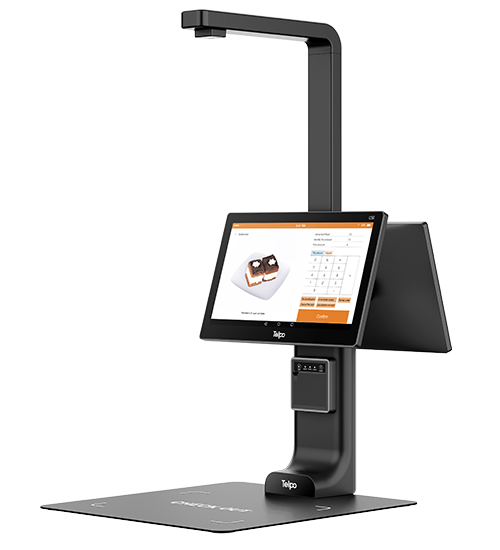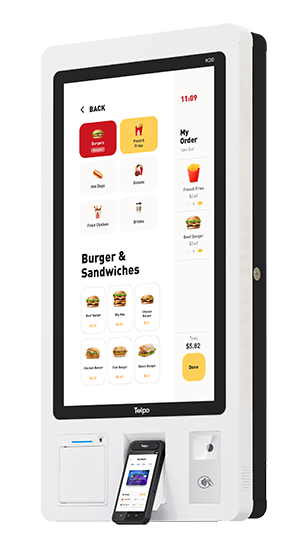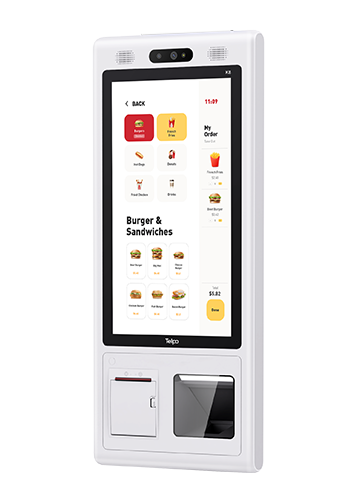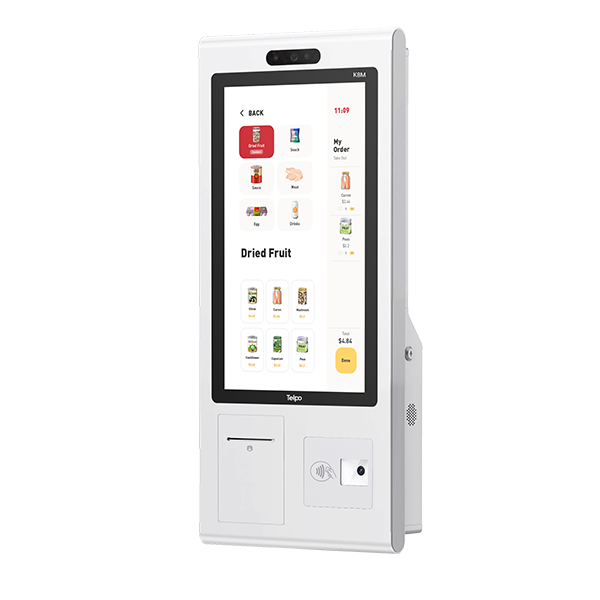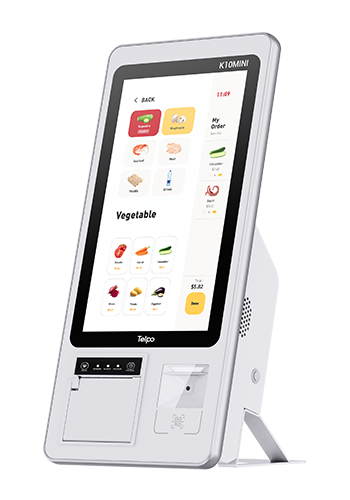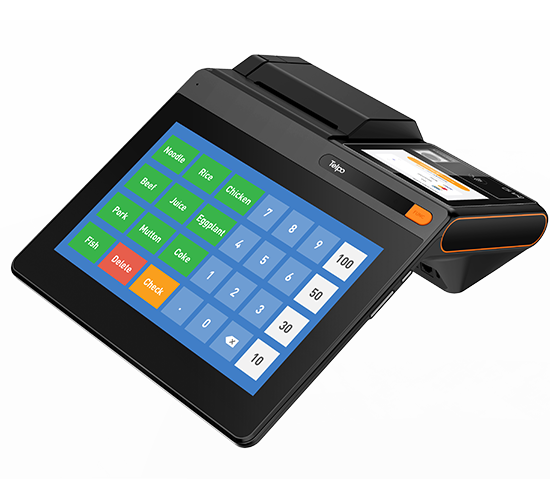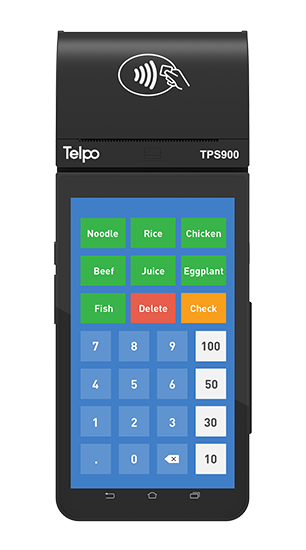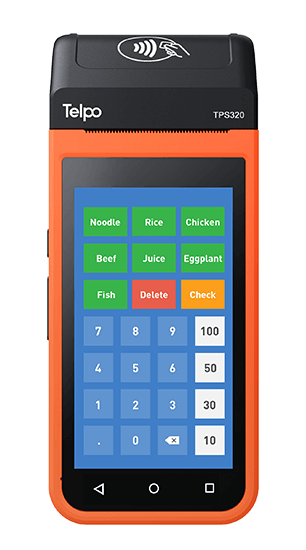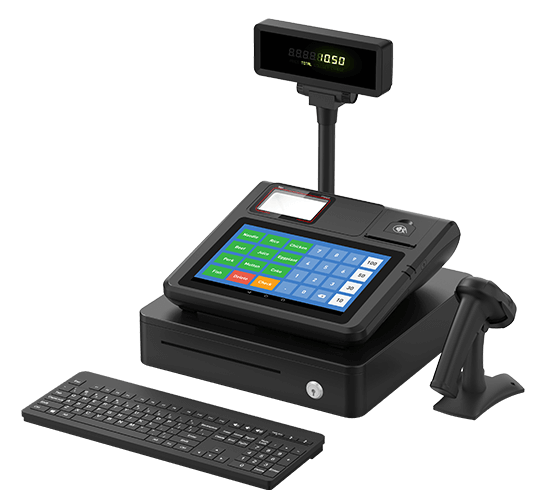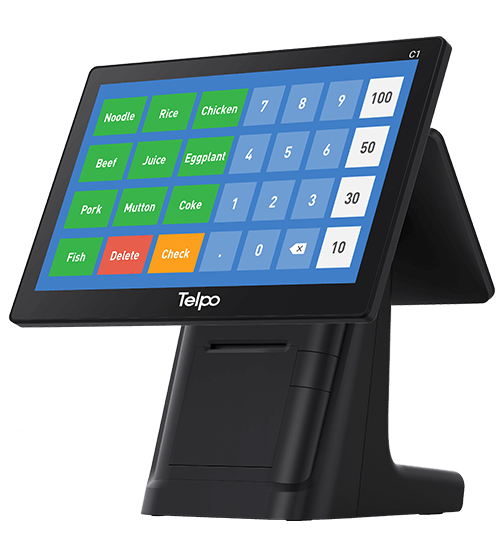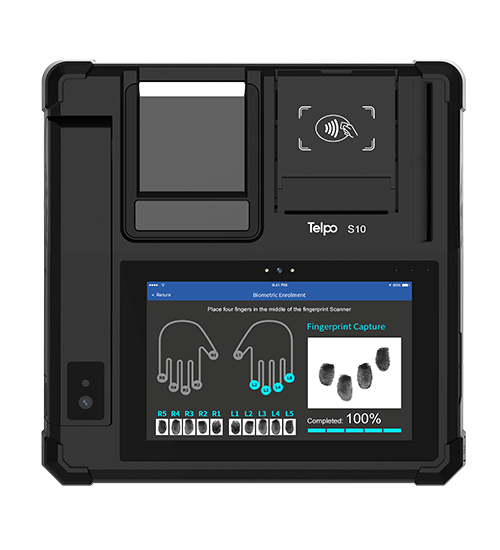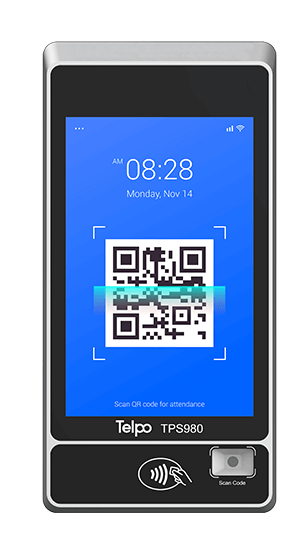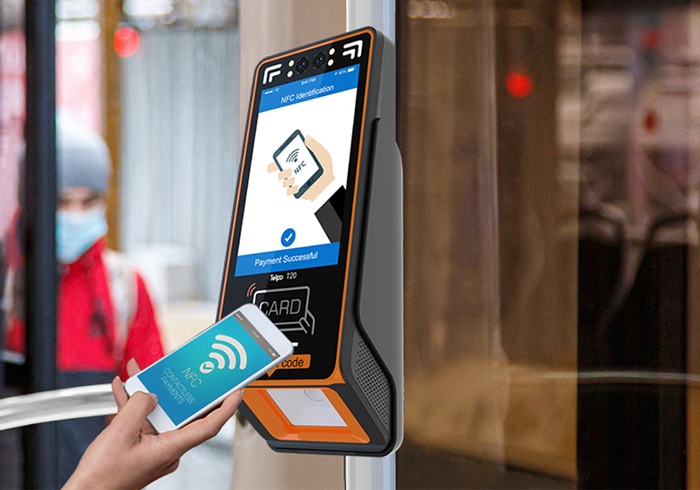Rail transit systems are essential for modern transportation, and automated fare collection (AFC) systems with open-loop EMV card readers are making them even smarter. In Europe, rail ticketing has evolved from random ticket checking by conductors to automatic ticket checking by AFC machines. Telpo's latest validator, the Telpo T20, is designed to empower global public transport and provides a range of benefits for rail transit systems.
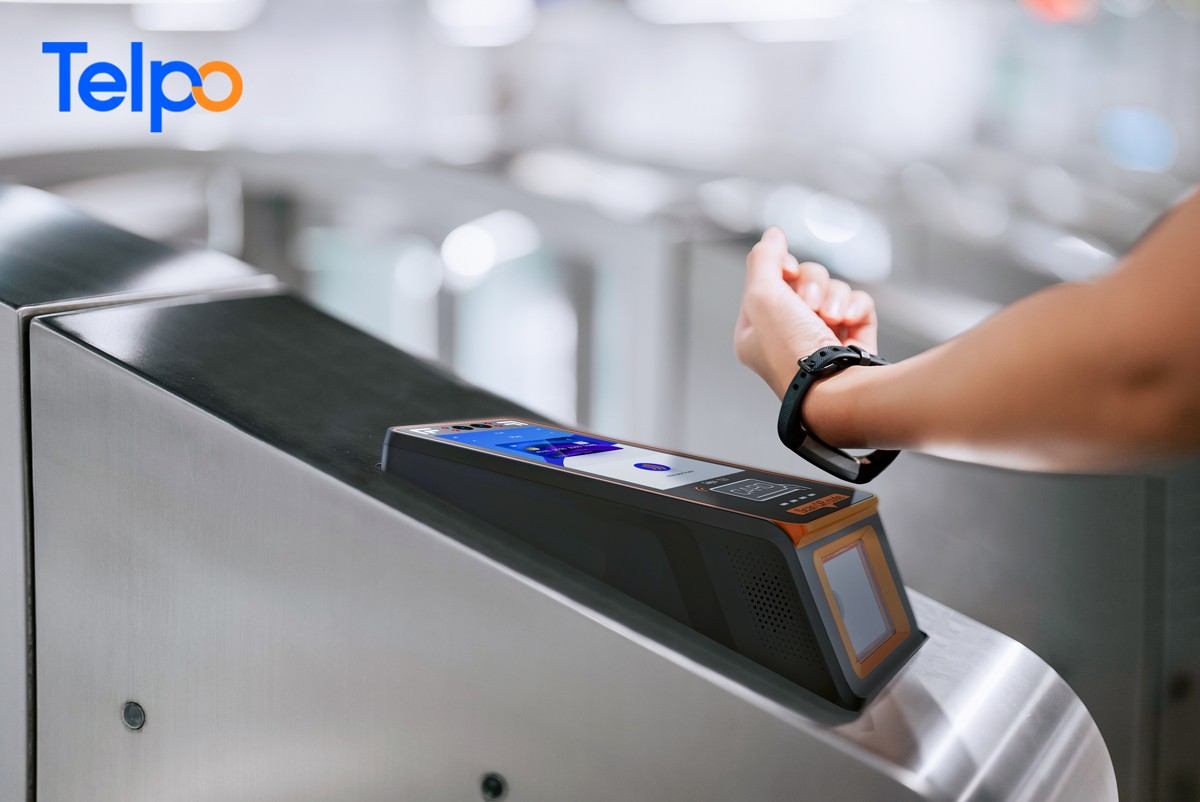
Traditionally, Europe's rail stations use two ticket validation modes: random ticket checking by conductors and automatic ticket checking by AFC machines. While random ticket checking saves on the cost of AFC machines, it requires more labor and relies on trust between operators and passengers. On the other hand, automatic ticket checking by AFC machines is more efficient and popular, requiring less labor for fare evasion checks.
AFC systems with open-loop EMV card readers provide numerous benefits for rail transit systems.
Firstly, it improves ticket validation efficiency by allowing passengers to use their bank card or e-wallet in different countries rather than buying separate cards or token tickets. Passengers can purchase tickets online and receive a QR code ticket, then use their cards or e-tickets on their smartphones to check in at the automatic gate without waiting to buy the tickets. This method takes less than five seconds for each passenger to pass through the AFC machines, saving time and increasing efficiency.
Secondly, open-loop EMV card readers enhance passenger experience. By eliminating the need for printing e-tickets and stamping tickets, passengers don't have to take out their tickets repeatedly, saving time and reducing frustration. The high ticketing efficiency saves passengers' time in waiting in queues, enabling a smoother and more enjoyable experience.
Thirdly, AFC systems with open-loop EMV card readers streamline ticketing management. The digital method makes the ticket validation process more streamlined, and the fare evasion rate could be greatly reduced with the AFC system. Although a small number of passengers may still evade payment, most passengers purchase rail tickets according to the rules, reducing losses for rail transit operators.
Finally, open-loop EMV card readers optimize railway operations. Every entry is recorded by the AFC system, providing comprehensive data reports for operators to analyze the regularity of passenger flow in each period. Operators can then make the right adjustments on train departure intervals according to the actual needs, resulting in higher passenger satisfaction.
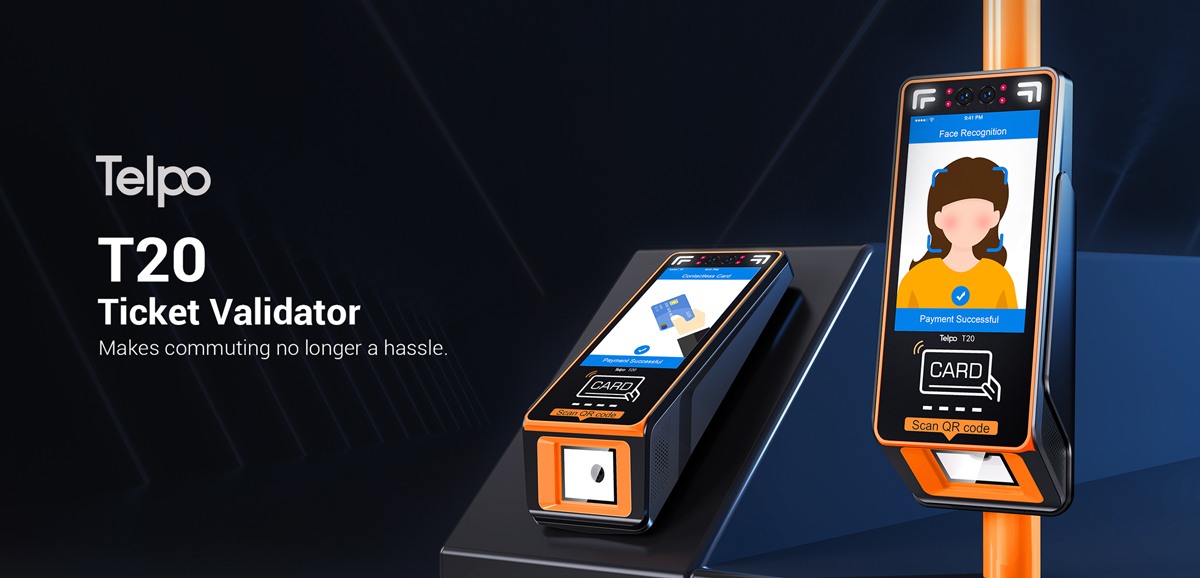
Telpo's T20 validator is designed for ticketing scenarios in public transport and combines style with powerful performance. Running on Android 12 OS, the Telpo T20 ensures all-day-long running and provides ease for operators to conduct secondary development. It achieves IP65 and IK08 protection levels, making it robust enough for daily use, and the rich connectivity by 4G LTE, dual-band Wi-Fi, Bluetooth, and GPS helps public transport operators enhance management.
Telpo's AFC systems and validators can help optimize rail transit operations by providing improved ticket validation efficiency, enhanced passenger experience, streamlined ticketing management, and optimized railway operation. The Telpo T20 validator is an ideal choice for public transport providers looking to introduce AFC systems in railway stations, with its robust design, powerful performance, and ease of use. Telpo's AFC systems and validators have already been successfully deployed in public transport systems across Europe, Latin America, Africa, and beyond, and they continue to play a crucial role in making rail transit smarter and more efficient.
Keywords: Rail transit system, open-loop EMV card reader, Automated fare collection, AFC systems, Ticket validation,Random ticket checking, Automatic ticket checking, Benefits of open-loop EMV card readers, Passenger experience,Time-saving measures








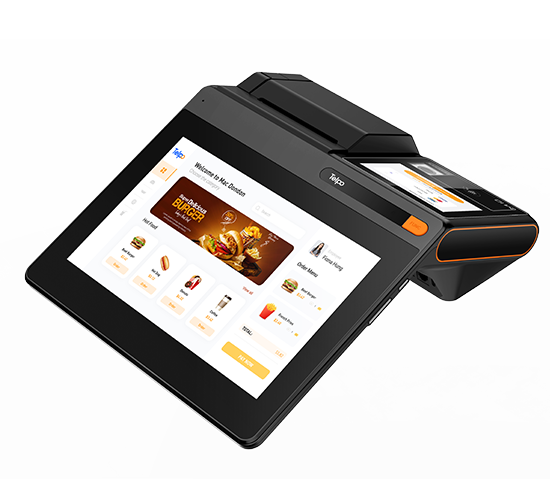
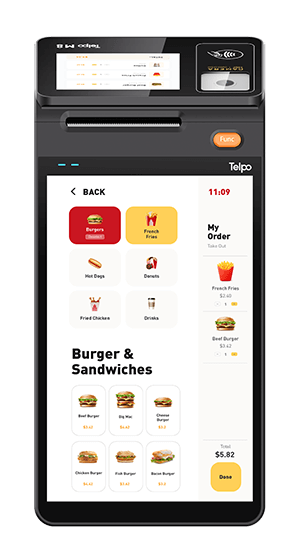
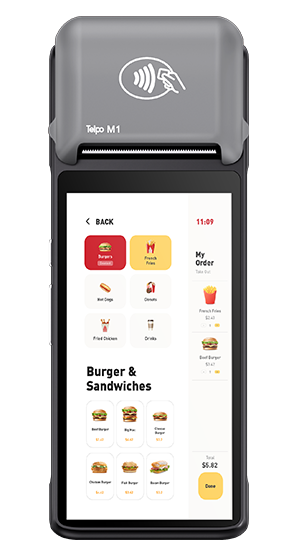

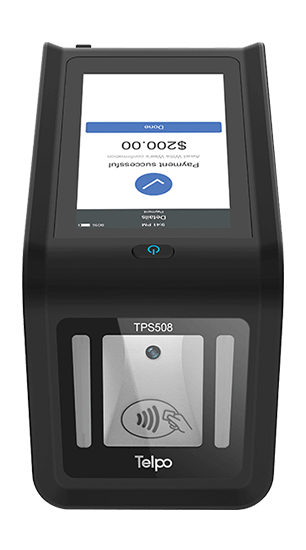
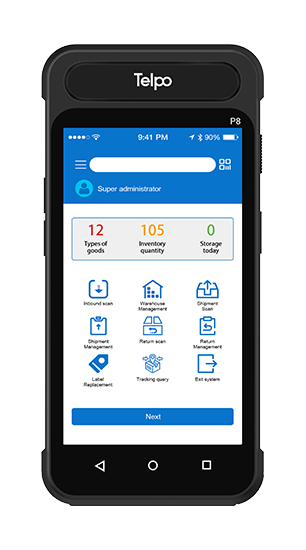

.png?VGVscG8tQzItUG9pbnQgb2YgU2FsZSBUZXJtaW5hbCA=*2023/07/Telpo-C2-80-printer-550.png?VGVscG8tQzItUG9pbnQgb2YgU2FsZSBUZXJtaW5hbCA=)

